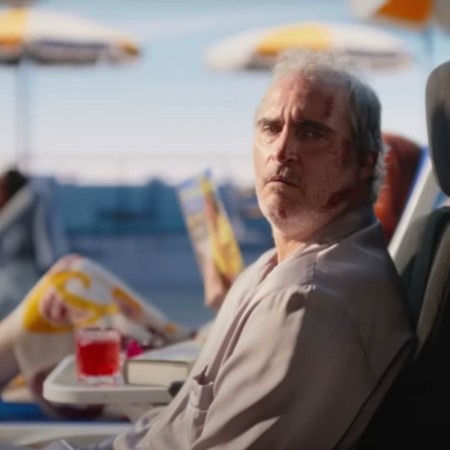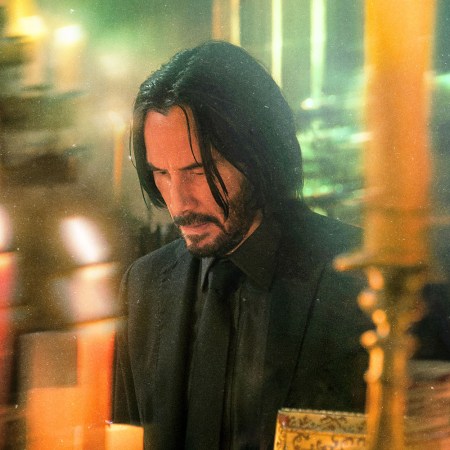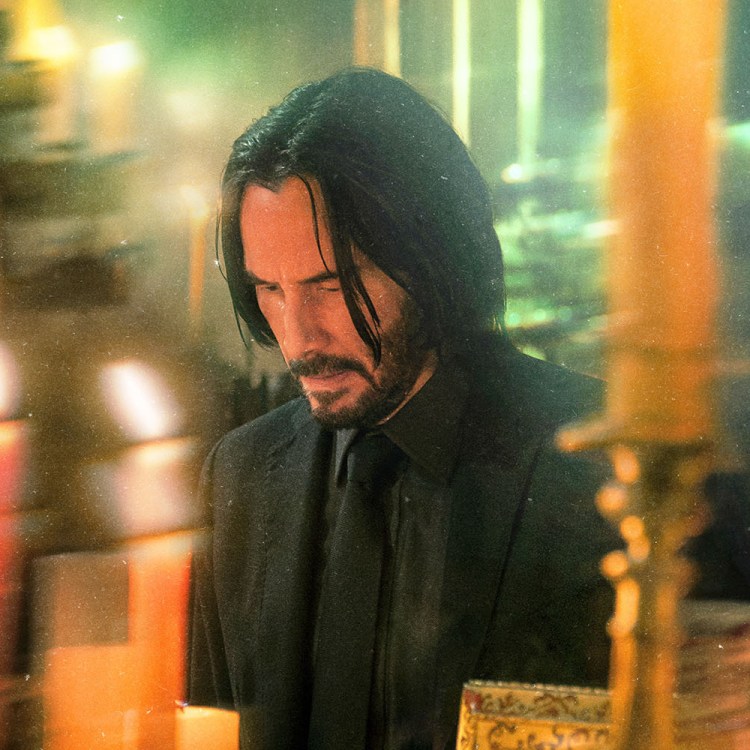Earlier this month, former Nissan-Renault executive Carlos Ghosn made the news for orchestrating an epic fugitive escape from Japan amid charges of various financial crimes. What made his case particularly intriguing, though, was a report from The New York Times reported that before his departure even got underway, Ghosn had reached out to Birdman producer John Lesher and attempted to convince him to dramatize his story on screen.
Ghosn’s courtship was unsuccessful, but the fact that he even tried it points to something notable about the present ecosystem of on-screen storytelling, for both film and television: the time between a spectacular event happening in the real world and that event being exploited for its commercial value is shrinking — rapidly.
There was a moment not long ago when seeing a contemporary real-world figure in a high-profile movie felt like a sharp break from the norm: The Insider, Erin Brockovich and The Social Network all felt like exceptions to the rule. At that time — roughly from the late 1990s to the early 2010s — there was one place for a quick turnaround on true-crime stories and those adjacent to them: the Dick Wolf-produced NBC serial Law & Order. A 2007 article by John Freeman Gill in The New York Times charted how one notorious killing — the murder of actress and director Adrienne Shelly — was rapidly adapted for a Law & Order episode in 2007.
For a while, Law & Order was the de facto home for adapting sensationalized true-crime news stories, though it’s worth noting that the fictionalization only went so far. The Times article quoted Law & Order creator Dick Wolf as saying, “We steal the headline and not the body copy.”
But more recently, a phenomenon once confined to a signle long-running television franchise has emerged as the new normal. The last year brought with it a pair of high-profile projects on the sexual harassment scandal that brought down Fox News head Roger Ailes (the film Bombshell and the Showtime miniseries The Loudest Voice). The 2018 miniseries Escape At Dannemora was based on a prison break that had occurred three years earlier, and Todd Haynes’s legal drama Dark Waters covers a similarly recent series of events. And that’s before you get to the upcoming projects: in October, HBO announced plans for an Adam McKay-led Jeffrey Epstein series (just two months after his death!) and Shonda Rhimes is currently adapting the 2018 story of impostor-heiress Anna Delvey for Netflix.
So what happened? One explanation for the boom of ripped-from-the-headlines dramas on film and television is the growth of true-crime narratives across all media. This includes things like the news of Harrison Ford starring in an adaptation of the documentary series The Staircase, and also helps explain why 2017 saw Law & Order launch a spinoff dedicated entirely to the recent-news beat with Law & Order: True Crime. (And that particular show itself invited unflattering comparisons to another true-crime series: Ryan Murphy’s American Crime Story.)
Another reason is that we live in an era in which movies not based on existing narratives have a harder and harder time finding an audience. With an unprecedented amount of user data at their fingertips, production companies prefer to put their dollars behind screenplays that have a statistically verifiable rate of success — it’s why sequels, remakes and comic-book movies account for nearly every blockbuster that gets produced these days. True-crime adaptations focusing on recent events offer a similarly built-in audience, with well-known actors transforming themselves into familiar faces that have gained celebrity status thanks to social media and cable news.
While the true-crime phenomenon is certainly enjoying a golden age of sorts, it has plenty of historical predecessors. The years during and after World War II saw tons of films made that drew their inspiration from real-life episodes, including 1944’s The Fighting Sullivans and 1950’s Three Came Home. The apex of this may well have occurred with the 1955 adaptation of Audie Murphy’s wartime memoir To Hell and Back, which starred Murphy as himself.
The question of whether this practice is in good taste almost seems like a negligible one at this point. Many of these stories — like Delvey’s — feel as if they were engineered in real time to play out as a kind of a stageplay on Instagram feeds and the back pages of the internet. Repackaging them as lightly fictionalized narratives is, in a sense, not any different from the latest reboot of a Marvel comic or action-move franchise.
Everything new shall be made new again.
This article was featured in the InsideHook newsletter. Sign up now.






















